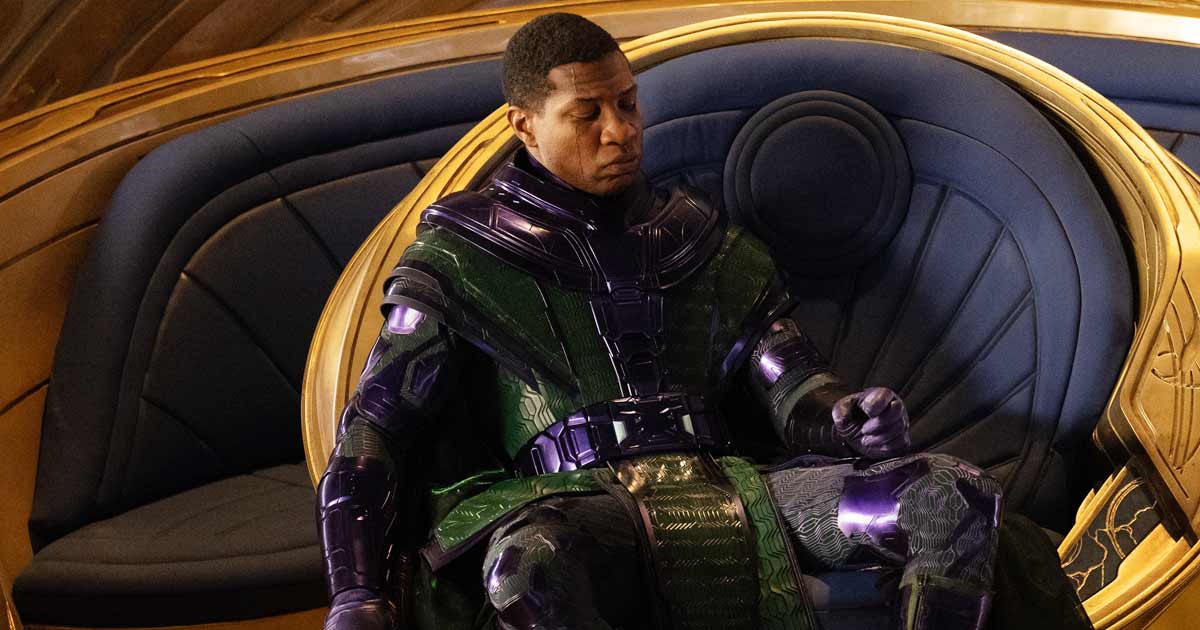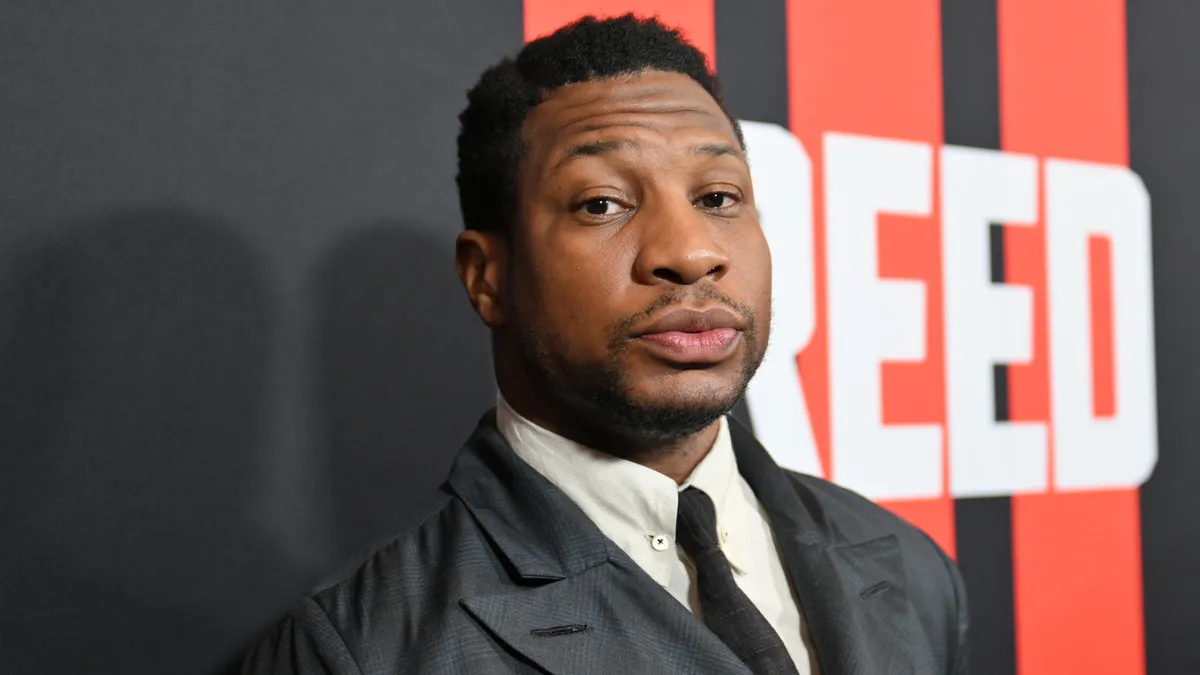Jonathan Majors has faced severe repercussions, losing various roles, agents, and advertising campaigns due to allegations of domestic violence. Despite these setbacks, Disney has continued to support him, possibly due to his crucial role as the linchpin in the current phase of the Marvel Cinematic Universe (MCU), where he portrays multiple variants of Kang, the central antagonist.
Recent developments in Majors’ domestic violence case, including the admission of previously inadmissible text messages, reveal disturbing details. In September 2022, Majors allegedly advised his girlfriend and accuser, Grace Jabbari, not to go to the hospital after he caused her a head injury, even if she fabricated the incident. This evidence, now on record, raises questions about Disney’s decision to stand by Majors in light of these revelations.

Regardless of the trial’s outcome, the presented evidence underscores the challenge of justifying Disney’s continued association with Majors. The fact that such incidents occurred during or after his filming for Loki and Quantumania, which started in 2021, adds another layer of concern. Moreover, multiple women have come forward, alleging similar behavior from Majors.
While Majors’ performance as Kang in the MCU has been praised, the prevailing sentiment is that he must be removed from the franchise. Even staunch Marvel fans agree that replacing him would be feasible, given the character’s ability to exist in various forms across different universes. The argument extends beyond the actor’s performance, emphasizing the importance of addressing the serious allegations against him.
One suggested course of action is to terminate the Kang storyline entirely. Loki season 2 could potentially serve as the conclusion to this narrative, and future projects may not require the presence of Kang. The ultimate goal is clear: Majors should be removed from the MCU. The recent evidence presented in court should serve as a catalyst for Disney to take decisive action.
In response to potential debates about the presumption of innocence until proven guilty in a criminal trial, it’s emphasized that private companies, like Disney, operate independently of the legal system. Drawing parallels with the Gina Carano case, where Disney severed ties due to controversial public statements, it’s highlighted that freedom of speech does not shield individuals from professional consequences. In Majors’ case, the morally reprehensible content of the text messages and the credible allegations against him make waiting for a legal decision unnecessary. Disney has the autonomy to make ethical and business-driven decisions without relying on the legal process.
In conclusion, the evidence against Jonathan Majors, particularly the disturbing text messages, should prompt Disney to reevaluate its association with him. Delaying action only serves to undermine the company’s reputation and raises questions about its commitment to addressing serious moral and business concerns.
